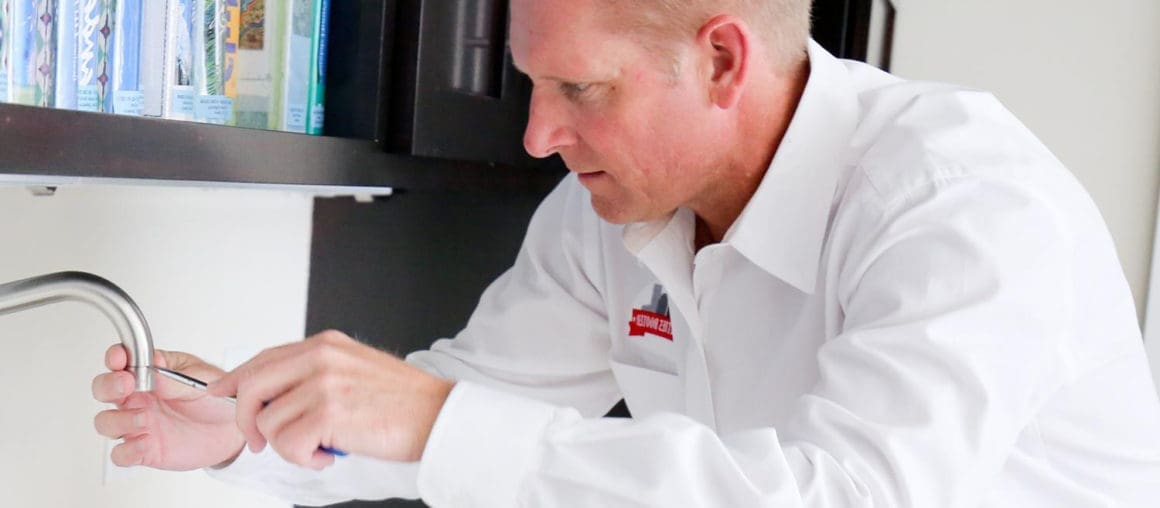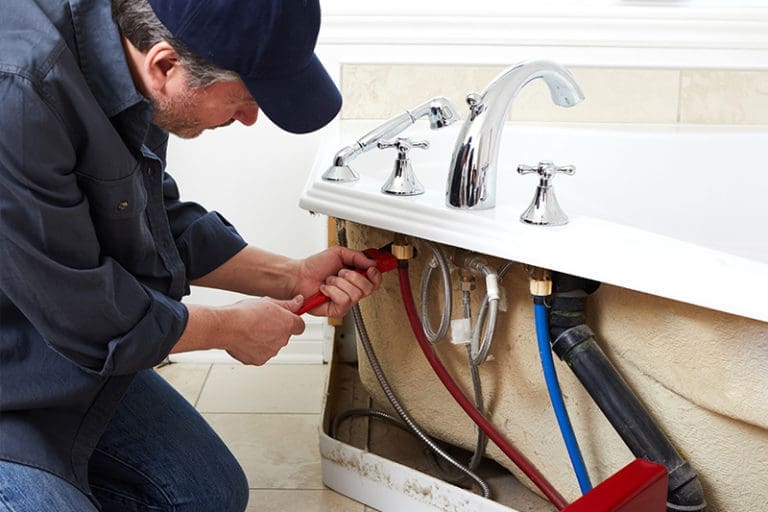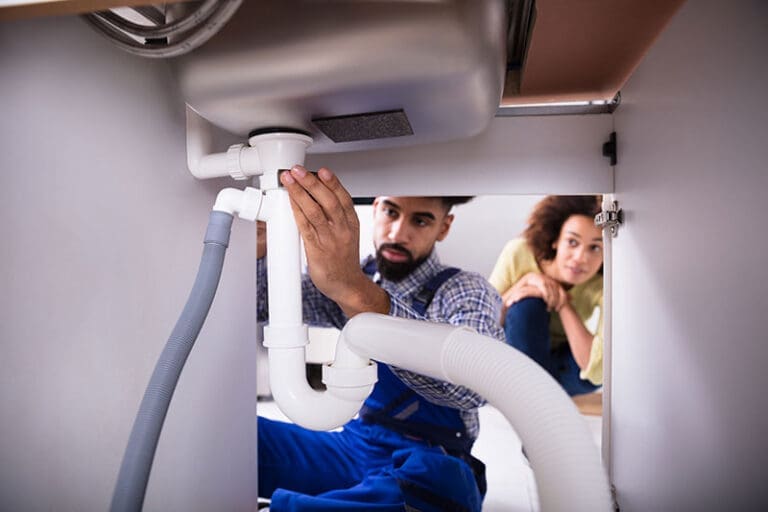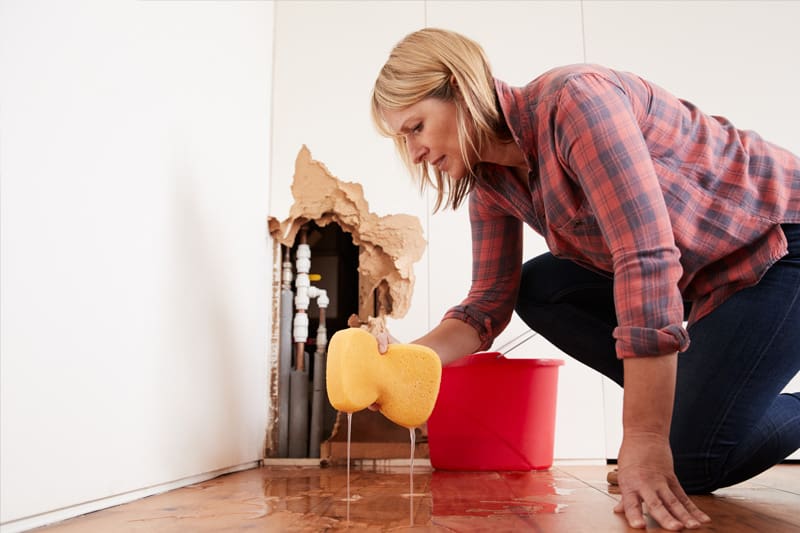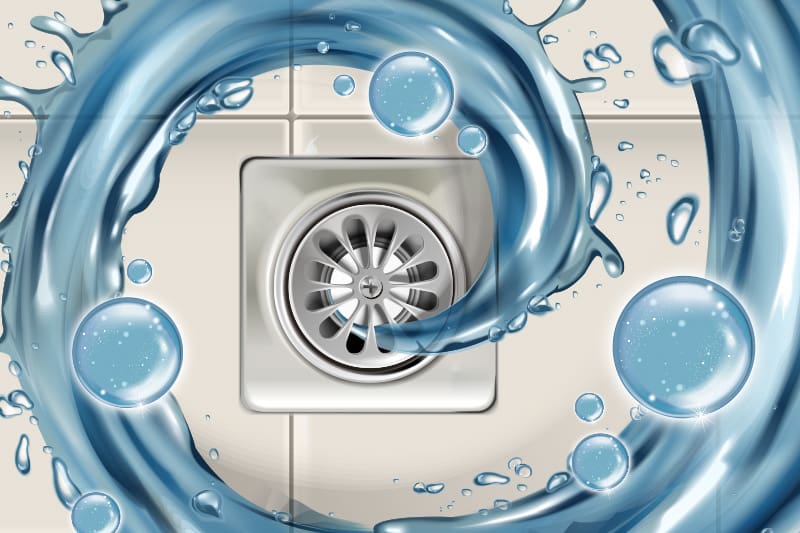Minneapolis Plumbing Company
Guaranteed Plumbing, Repairs, and Drain Cleaning in Minneapolis and St Paul
Minneapolis Plumbing is a reputable plumbing company that provides a wide range of services to customers in Minneapolis and the surrounding areas. They offer installation, repair, and maintenance services for residential and commercial plumbing systems, including water heaters, sump pumps, faucets, toilets, and sewer lines. They also specialize in drain cleaning and hydro jetting services to remove clogs and restore the proper flow of water.
In addition, Minneapolis Plumbing provides emergency services 24/7 for urgent plumbing issues such as burst pipes, gas leaks, and overflowing toilets. Their team of experienced and licensed plumbers uses state-of-the-art equipment and techniques to deliver high-quality workmanship and customer satisfaction. They prioritize safety, efficiency, and affordability in all their services, and provide transparent pricing and free estimates.
Overall, Minneapolis Plumbing is a reliable and professional plumbing company that offers comprehensive plumbing solutions to meet the needs of both residential and commercial clients in Minneapolis and the surrounding areas.
Emergency Service Minneapolis 24/7
Although we work for a nationally respected plumbing company, our team is local and takes pride in being a small business that provides high-quality plumbing services to our neighbors. We offer the best of both worlds: the personalized service of a small plumbing company with the resources of a large national company.
Our team of Minneapolis plumbers is reliable and committed to arriving on time. We stand behind our work and offer a 100% satisfaction guarantee because we believe that your peace of mind is the most important aspect of our plumbing service. We are happy to offer plumbing repair services and installations to all residents in Minneapolis.

